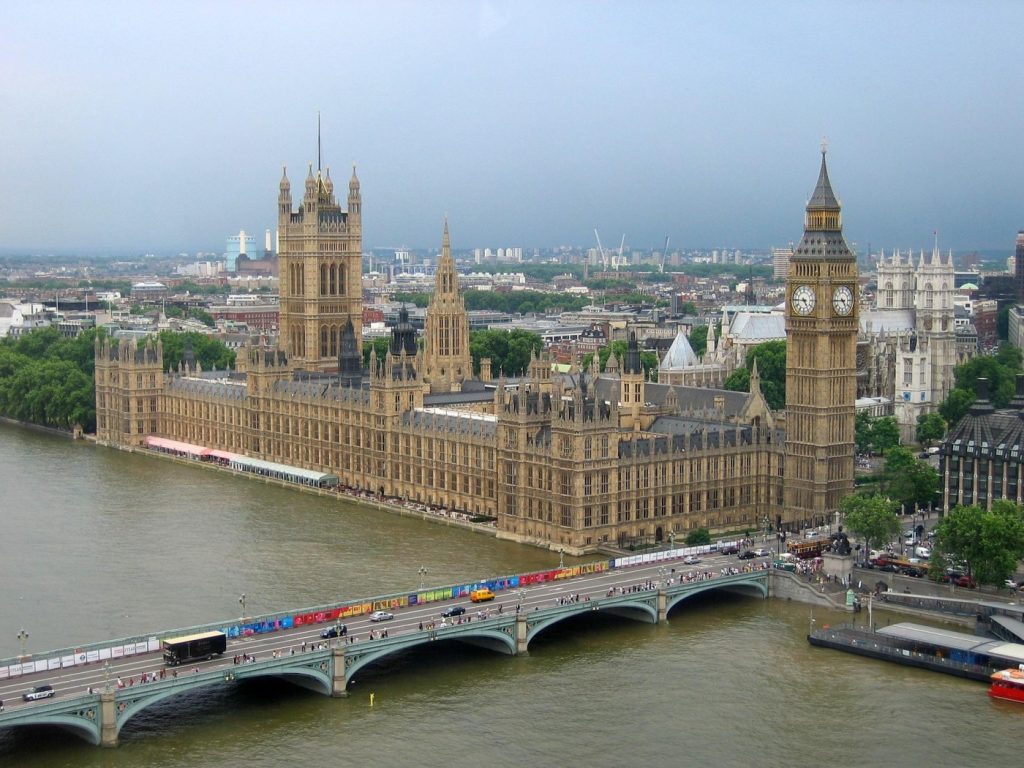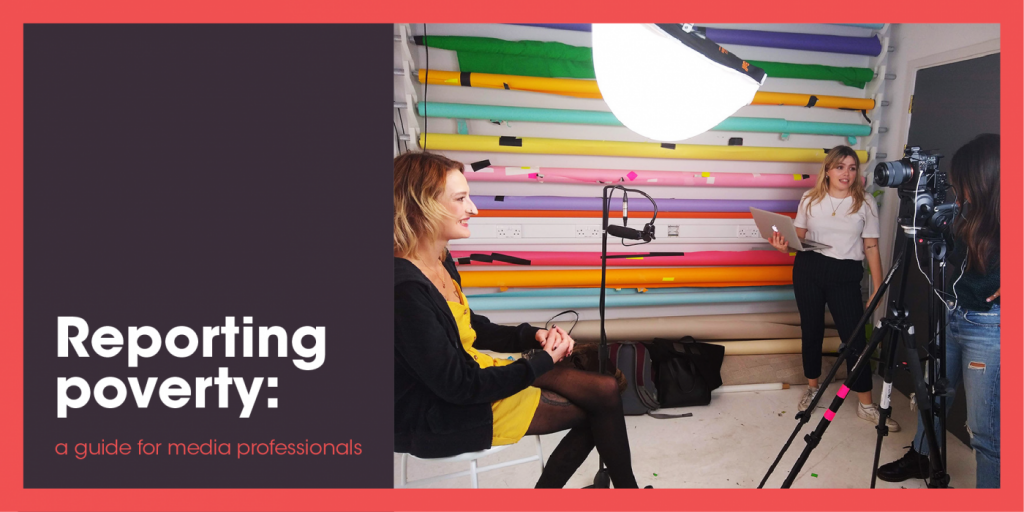Stop press! A big step towards better media reporting of poverty
The ongoing work to improve the way poverty is reported in the UK media is ready to take a big step forward – and you can help.
An Early Day Motion has been tabled in Parliament, condemning the use of derogatory language which can lead to negative stigmatising.

This is a really positive progression for the Reporting Poverty work that we and others have been involved in in recent years.
It immediately puts this issue directly before MPs for them to consider directly, it highlights the concerns and reservations of people in poverty, and it calls for a united cross-party response.
To maximise the impact of this, we need your help. Please ask your MP to read and sign Early Day Motion 284.
It has been tabled by Ian Byrne MP, and reads:
That this House recognises the importance of journalism in reporting poverty in the UK; condemns any use of derogatory language which can lead to negative stigmatising; notes that this issue is of ever-increasing importance as the working class face a cost of living crisis and the Government’s Fighting Fraud in the Welfare System plan; further notes that the public increasingly reject the toxicity of discourse and debate in the UK; believes that a common, cross-party commitment to challenging discriminatory language will send a powerful, positive message at a time when it is needed; and calls for collaboration with trade unions and anti-poverty organisations, including the NUJ, BAFWU, and the Right to Food campaign, to challenge discourse and to promote awareness and the rejection of negative media messages about people experiencing poverty.
Why does this matter?
This matters because every one of us is influenced by the stories we hear, and affected by the language around us. Our views on any issue are affected by how stories are presented – by what we are told and shown, and by what is left out. So when complex social issues are misreported, or reported in an aggressive manner, it can really skew the public’s understanding.
For too long, the dominant stories told in the UK about poverty were deeply skewed and misleading. Stigmatising language was used to denigrate people, and to excuse unjust systems and policies.
That made a great many of us uncomfortable, and that’s why for the past six years, many of us have been working together to look at the way poverty is reported in the media, to challenge hostile language.
Church Action on Poverty, the National Union of Journalists, Joseph Rowntree Foundation, ATD Fourth World, people in poverty with experience of media interviews, and journalists already leading by example have all worked together on this, producing media guidelines for journalists.
The EDM is a next step, to further raise awareness of the issue and to encourage people in power to be aware of the effect hostile language can have.
Progress has been made - but this is a crucial time
Rachel Broady, who has led the work at the NUJ, says:
“At the NUJ delegates’ meeting last year, it was agreed that we would try to get an EDM tabled, so I started looking into it. Ian Byrne has been supportive of Fans Supporting Foodbanks and the Right to Food campaign, so I sent him the guidelines that we had all worked on and he thought it was a really good campaign and said he was happy to table the EDM.
“It has to be a cross-party approach, as it’s something that everyone can get behind.
“It would be really helpful if Church Action on Poverty supporters and others can ask their own MP to sign the motion, and explain why it’s important to them as a constituent. We would really like a debate to take place in the House about the reporting of poverty.
“In a lot of ways, the language and reporting has improved in the past few years. The real rise in stigmatising language came about from 2010, to support policies being introduced at the time.
“There has not been the same extent of hostile language in recent years, and issues like the pandemic and the cost of living crisis mean more people have an idea now of how it feels to be in poverty and unable to afford essentials. But the new Fighting Fraud in the Welfare System programme means there is a real risk of that derogatory language coming back, so this is an important time to put the EDM on the table.”
What you can do:
Please contact your own MP and ask them to sign Early Day Motion 284, and tell them why this issue matters to you. If you receive a reply, and are happy to share it, please email us. You can find your MP and their contact details here, and the Early Day Motion is on the link below.
More on our Reporting Poverty work

Be part of a movement that’s reclaiming dignity, agency and power


Comments (02)
Comments are closed.